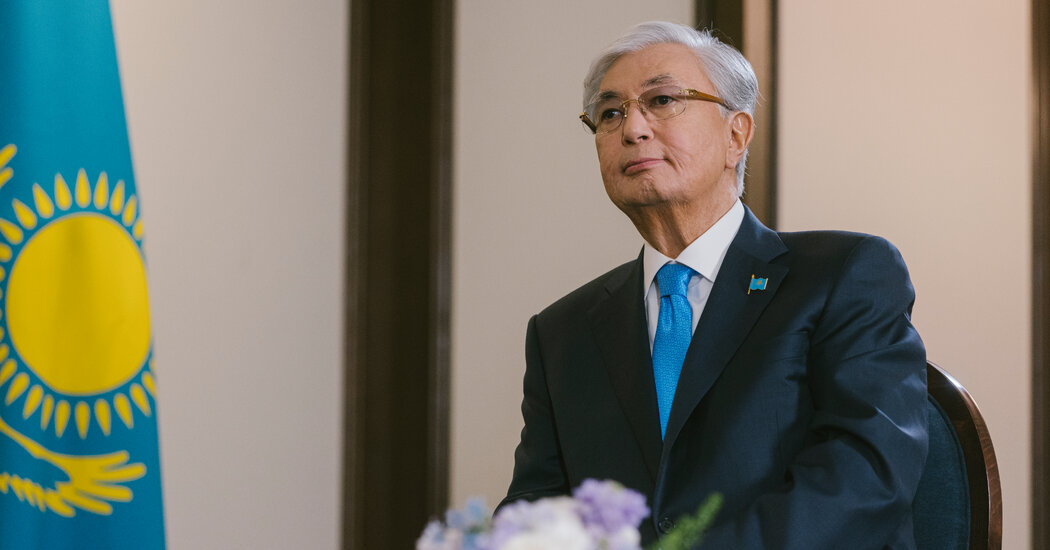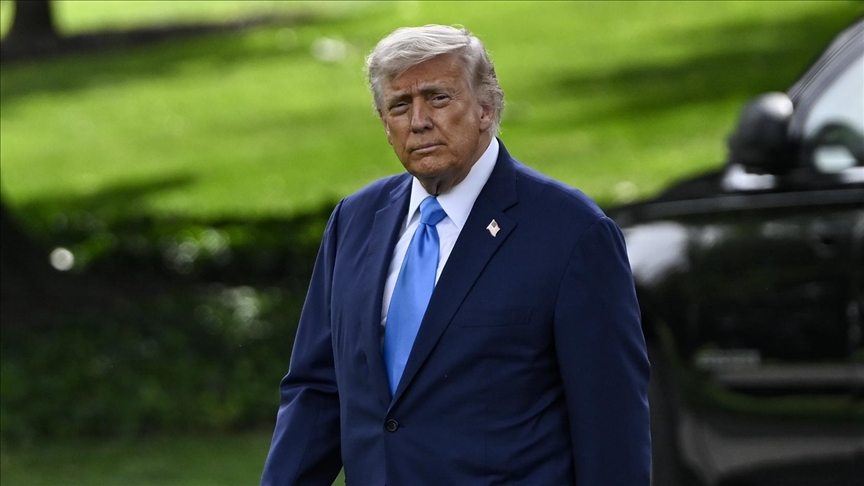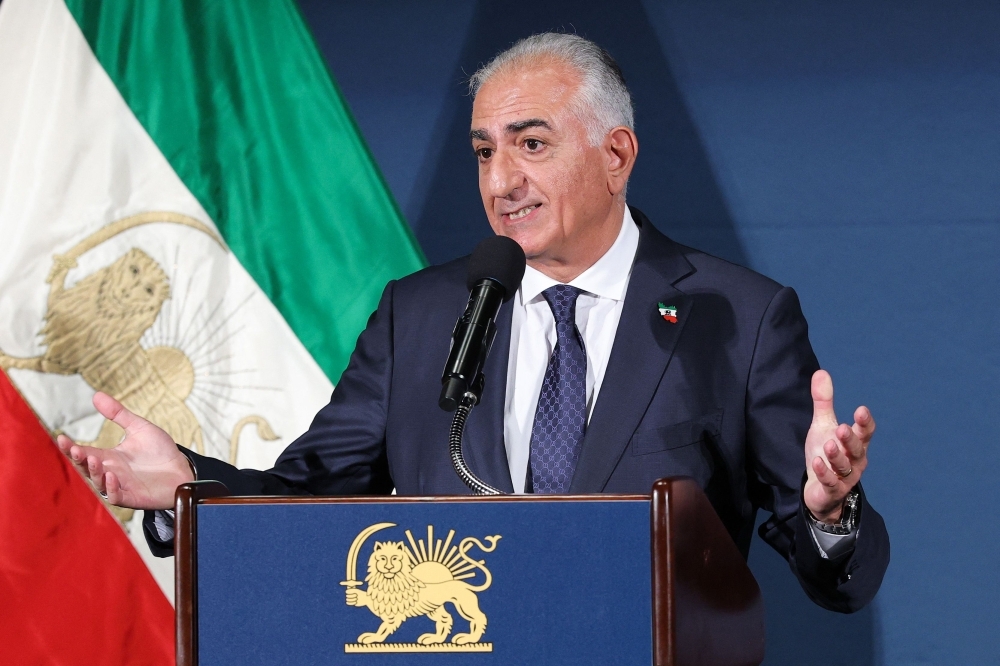In a significant diplomatic gesture, Kazakhstan has announced its decision to join the Abraham Accords, the peace framework that first linked Israel with several Arab and Muslim-majority nations under former U.S. President Donald Trump’s administration.
Although Kazakhstan established diplomatic relations with Israel back in 1992, its inclusion in the accords represents a symbolic but powerful endorsement of regional cooperation and a renewed global push for stability.
The development, first revealed to The Associated Press by U.S. officials under anonymity, was later confirmed when Donald Trump took to his social media platform stating he had “a great call” with Prime Minister Benjamin Netanyahu of Israel and President Kassym-Jomart Tokayev of Kazakhstan. Trump proudly announced Kazakhstan as “the first country of my second term to join the Abraham Accords,” describing it as “a major step forward in building bridges across the world.”
While the decision may appear ceremonial, it carries broader implications. The inclusion of Kazakhstan, a Central Asian nation with historic neutrality, signals a potential widening of the accords’ influence beyond the Middle East. The move also highlights an evolving geopolitical landscape — one where nations are looking to balance peace, progress, and prosperity through strategic partnerships.
Officials have hinted that the Israeli-Kazakh cooperation will strengthen in areas like defense, cybersecurity, energy, and food technology — sectors already tied by bilateral agreements since the 1990s.
Ahead of the announcement, U.S. Secretary of State Marco Rubio met with President Tokayev, discussing enhanced cooperation in trade, energy, and technology, underscoring Kazakhstan’s growing importance as a bridge between East and West.
For Kazakhstan, this move isn’t about changing alliances — it’s about expanding horizons. For Israel, it marks another step toward normalizing relations in a complex region. And for the world, it’s a reminder that diplomacy, even when symbolic, still holds the power to inspire peace.
In a world often divided by differences, Kazakhstan’s decision sends a clear message — that nations can still choose dialogue over distance, collaboration over conflict, and partnership over polarization.




